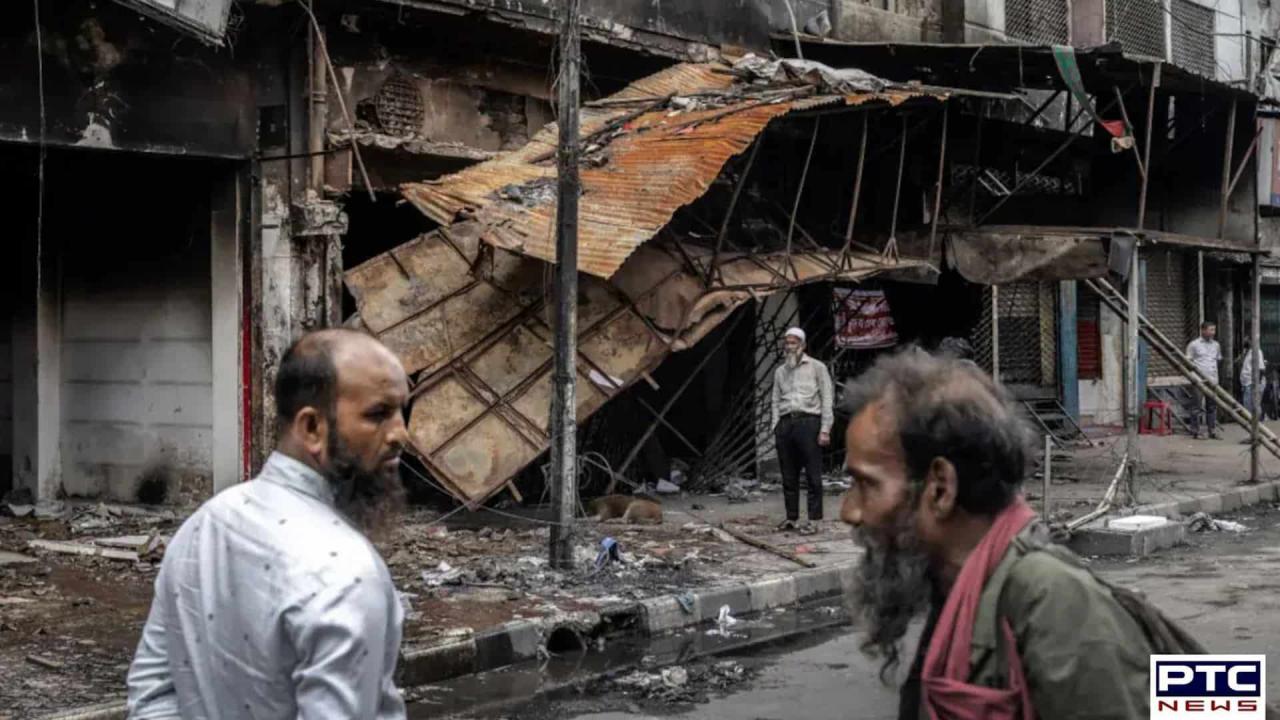

Bangladesh faces ongoing uncertainty as top officials resign amid continuing violence
Bangladesh Unrest – The nation of Bangladesh remains gripped by uncertainty as top government offices lie vacant, leaving a power vacuum in the wake of recent political turmoil. The country is now under the leadership of a caretaker government, but reports of persecution against minority communities continue to surface, adding to the nation's instability.
Nobel laureate Muhammad Yunus, appointed as the head of the caretaker government, has taken on the daunting task of guiding the country through these troubled times. Despite his efforts, the caretaker government has struggled to establish a strong presence in a country plagued by widespread protests and violence. Yunus, backed by the military, called for peace during his recent visit to Rangpur, where he met with the grieving mother of a student fatally shot by police. He has also urged for religious unity amid escalating reports of attacks on minorities, particularly since the ouster of former Prime Minister Sheikh Hasina.
The political instability has led to a series of high-profile resignations, further deepening the crisis. The latest resignation came from Abdur Rouf, the Governor of Bangladesh Bank, who stepped down citing health reasons. This resignation followed a protest by over 100 bank officials who had gathered outside his office demanding his departure.
The judicial system has also been shaken, with Chief Justice Obaidul Hassan, a known loyalist of the ousted Sheikh Hasina, forced out of his position. This followed a dramatic standoff at the Bangladesh Supreme Court, where students surrounded the building and issued an ultimatum for his resignation. Five additional judges from the top court also resigned later that day. In response, President Mohammed Shahabuddin swiftly appointed Justice Syed Refat Ahmed, the seniormost judge of the High Court division, as the country's 25th Chief Justice.
The upheaval has not been confined to the political and judicial spheres. The chairman of the Bangladesh Securities and Exchange Commission, Prof. Shibli Rubayat-Ul Islam, also resigned, citing health concerns. His resignation came after several days of absence from his office.
As the political crisis deepens, violence and persecution, particularly against minority communities such as Hindus, have escalated across the country. In Chittagong, tens of thousands of Hindus participated in a massive rally yesterday, demanding safety and equal rights as citizens.
Reports of violence continue to emerge from various regions. In Gopalganj, five army personnel were injured, and a military vehicle was set ablaze during a clash at an Awami League procession. Since Sheikh Hasina's resignation on August 5, Bangladesh has witnessed widespread arson, killings, and numerous incidents of persecution across 52 districts. Two protesters have also been injured in the ongoing unrest.
Sheikh Hasina fled Bangladesh on the same day she resigned, fearing for her safety as protests against her rule escalated. Over 400 protesters had been killed in clashes with the police, leading to heightened tensions. Protesters stormed her residence just hours after she was evacuated by military helicopter. She later landed at an airbase in Uttar Pradesh, India.
As Bangladesh navigates this turbulent period, the country remains on edge, with the future of its political and social landscape hanging in the balance.
- With inputs from agencies
